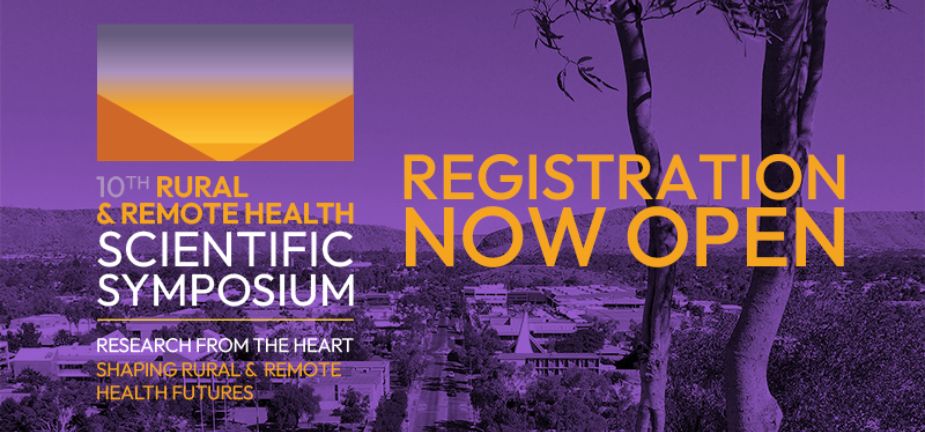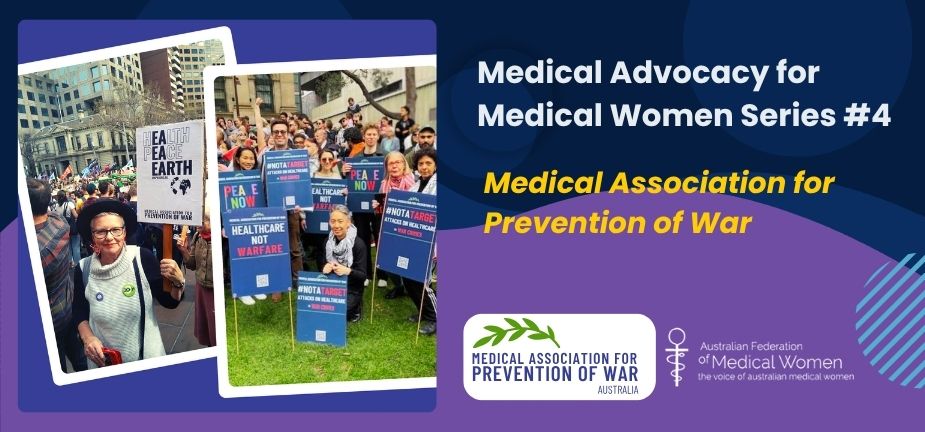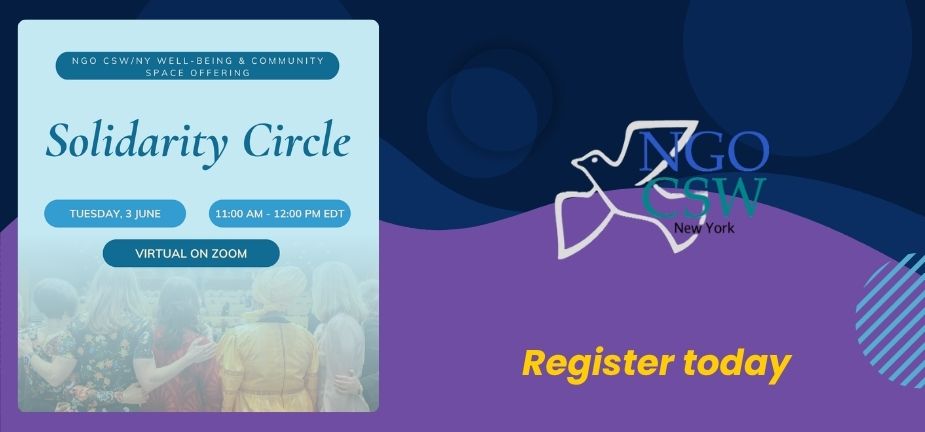Doctors are high achievers by nature. Traditionally, doctors in Australia and overseas worked extended hours at the expense of their other life commitments [1, 2]. This culture of overwork has long been perceived as a marker of achievement and dedication to the medical profession [3]. Such beliefs, however, were at a time when a limited personal and family life was perhaps more socially acceptable. Although the rewards for the long hours and self sacrifice of doctors can be tremendous, it is at the expense of their health. Unfortunately, the practice of medicine does not protect doctors from illness. They are at risk of experiencing burnout, as reflected in the high risks of suicide, as well as drug and alcohol abuse within the medical profession [4, 5]. In addition, the factors which may predict success in a professional career, such as a strong drive for achievement, conscientiousness, and the ability to deny personal problems, may render doctors more susceptible to mental health problems [6].
The importance of achieving a fulfilling life outside medicine and getting the balance right is increasingly being recognised. Recent medical graduates of both sexes are concerned about the impact of their vocational choice upon family life and lifestyle [7]. Younger doctors are
viewing their identity and responsibilities to the profession differently from their predecessors, and are unwilling to work to the exclusion of all else. There is policy discussion worldwide regarding safe working hours for medical practitioners.
The issue of work life balance is not unique to females, despite the fact that women have historically held the major responsibility for domestic matters. Male medical students are requesting flexible working practices and want to share in the child rearing experience. Young male doctors are twice as likely to make career changes for the sake of their family compared with their older male colleagues [8]. There are myths which still prevail about working part time to undertake family duties. The first is that a doctor who does so demonstrates a lack of commitment. In reality, the ability to juggle the demands of medicine while caring for a family requires a high level of organisational skills. Another myth is that less clinical work equates to less experience, which cannot be replaced with education. It is becoming increasingly recognised, however, that job satisfaction is a better predictor of work quality than long hours on site [9].
We have moved beyond a world where becoming a doctor meant sacrificing other aspects of our lives. Although medicine is part of who we are, it should not be the whole of it, and it should not define us. Maintaining a healthy work life balance is the key to remaining committed and enthusiastic towards the medical profession. It helps us to deliver a better service and avoiding burnout. It is important to spend time with family and friends, as well as to pursue enjoyable social and leisure activities. Not only will this help sustain us emotionally, our patients and your family will be the better for it.
References
1. Medical labour force 1997. 1999, Canberra: Australian Institute of Health and Welfare.
2. Hallam, L., Primary medical care outside normal working hours: review of published work. BMJ, 1994. 308(6923): p. 249-53.
3. Mazza, D. and S. Northfield, Are part timers real GPs? Attitudes of general practitioners toward those who work part time. Aust Fam Physician, 2000. 29(9): p.900-4.
4. Birch, D., H. Ashton, and F. Kamali, Alcohol, drinking, illicit drug use, and stress in junior house officers in north-east England. Lancet, 1998. 352(9130): p. 785-6.
5. Desjardins, M., Physician suicide. Can something be done? Can Fam Physician, 1997. 43: p. 1900-1, 1907-9.
6. Boisaubin, E.V. and R.E. Levine, Identifying and assisting the impaired physician. Am J Med Sci, 2001. 322(1): p. 31-6.
7. Shanley, B.C., et al., Factors influencing career development of Australian general practitioners. Aust Fam Physician, 2002. 31(1): p. 49-54.
8. Warde, C., W. Allen, and L. Gelberg, Physician role conflict and resulting career changes. Gender and generational differences. J Gen Intern Med, 1996. 11(12): p. 729-35.
9. Friedman, S.D., P. Christensen, and J. DeGroot, Work and life: the end of the zerosum game. Harv Bus Rev, 1998. 76(6): p. 119-29.
Maintaining a Work Life Balance was authored by Ms Julie Chan (VIC) in October 2008 as part of her AFMW Leadership Scholarship.









